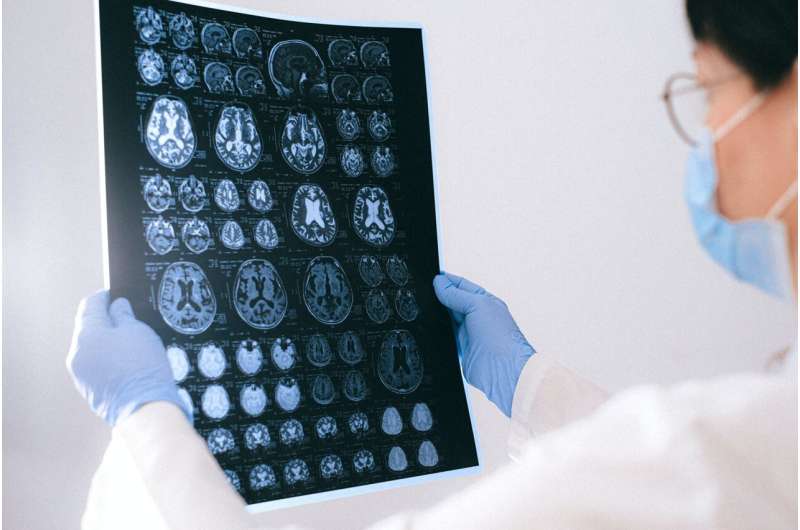Australian Study Demonstrates High Accuracy of AI for Detecting Diabetic Eye Disease

A new Australian study reveals that AI-powered retinal imaging can accurately detect diabetic eye disease with over 93% precision, promising improved access to eye screenings in clinical settings and underserved areas.
A groundbreaking Australian study has shown that an AI-powered portable retinal camera can reliably identify diabetic eye disease with over 93% accuracy in real-world clinical settings, including general practitioner and endocrinology clinics, as well as Aboriginal health services. Conducted over two years between August 2021 and June 2023, the trial involved more than 860 participants with diabetes, who took retinal images using an AI-enhanced device while awaiting their appointments.
The AI system was trained on a vast dataset of over 200,000 retinal images graded by a panel of 21 ophthalmologists. Participants received a scan result via a QR code, linking them to their results, and those with signs of diabetic eye disease were referred for further specialist assessment. The results from AI assessments were compared with traditional human grading, serving as the gold standard.
Findings indicated a high accuracy rate of 93.3%, with 86% participant satisfaction and 85% clinician approval. Despite these promising results, the study also identified areas for improvement, such as enhancing image quality, reducing false negatives, increasing follow-up adherence, and developing strategies for diverse communities. Dr. Zhuoting Zhu from the Centre for Eye Research Australia emphasized the potential of AI to extend eye screening access, particularly in remote and underserved areas, thereby facilitating early diagnosis and treatment.
The study underscores the potential of AI technology to revolutionize diabetic eye screening by making it more accessible, cost-effective, and integrated into routine healthcare, ultimately aiming to prevent blindness in millions worldwide. More information can be found in the published paper in the British Journal of Ophthalmology.
Source: https://medicalxpress.com/news/2025-09-ai-scans-accurately-diabetic-eye.html
Stay Updated with Mia's Feed
Get the latest health & wellness insights delivered straight to your inbox.
Related Articles
Lilly's Promising New Obesity Medication Demonstrates Safety and Effectiveness in Clinical Trials
Lilly's new oral obesity medication has shown promising results in clinical trials, with significant weight loss and no major safety concerns, positioning it as a potential game-changer in obesity treatment.
Innovative Genetic Screening Enhances CAR T Cell Therapy Effectiveness
Genetic screening has led to the development of improved CAR T cells, boosting their effectiveness in cancer treatment. Researchers used CRISPR technology to identify key genes, like RHOG, whose removal enhances CAR T cell potency, paving the way for next-generation immunotherapies.
New Study Clarifies Survival Outcomes for Childhood Brain Tumors
A comprehensive European study sheds new light on survival rates and cure prospects for children with brain tumors, fostering better diagnosis, treatment, and care strategies.
Exploring Careers as a School Nurse: Beyond Basic First Aid
Discover the rewarding career path of school nursing, a vital role supporting children's health, mental well-being, and community engagement, with diverse entry routes and growing opportunities.



